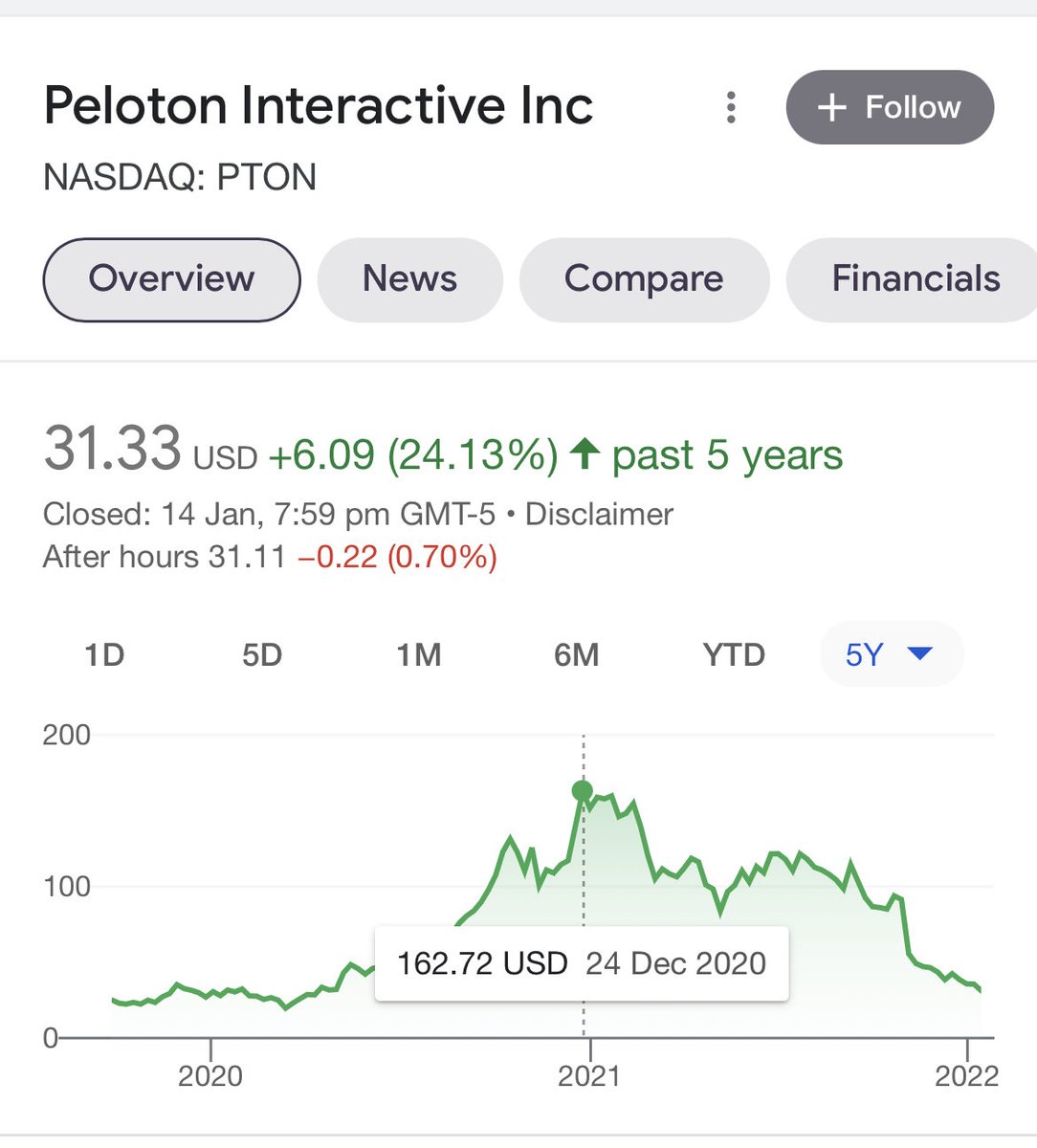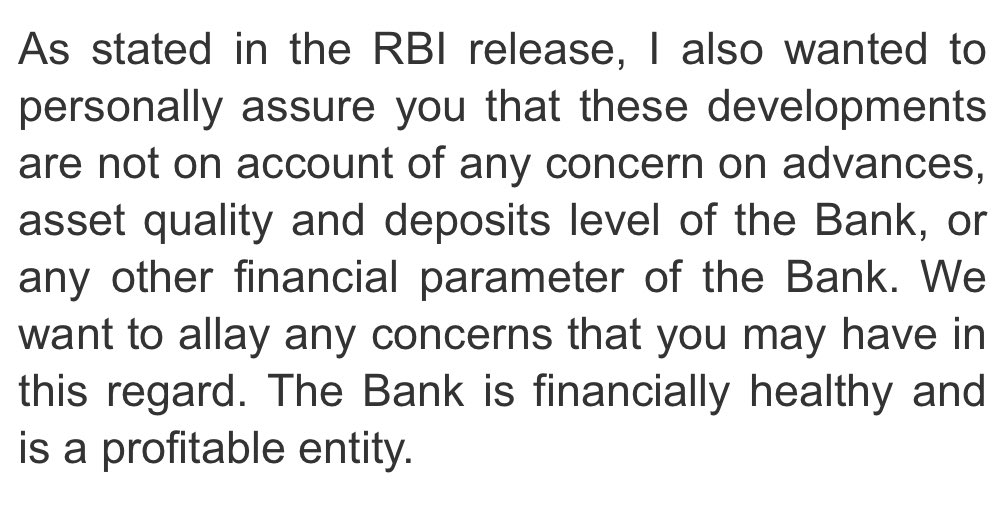
This is such an interesting distinction between private and public markets. In public markets new shares for cash of a company already listed can only be offered at a DISCOUNT to prevailing stock price.
https://twitter.com/menakadoshi/status/1485632021947101185
Why should public market investors buy stock in a listed company at 150 bucks when they can buy it from the market at 100 bucks?
But in private market its often the opposite. Investors pour in new cash for shares at higher and higher valuations. For all sorts of reasons, of which very often a key one is some variant of the greater fool theory.
In the end, listing for such companies is a life changing event because, as described above, things that could happen (and were even encouraged) in the private markets will simply not be allowed by public markets.
Public market investors, who fail to see this distinction are likely to pay a heavy price in the form of subsequent dilutions which happen at lower valuations especially for cash-hungry and negative FCF businesses and where the prospects for turning cash flow positive are dim.
• • •
Missing some Tweet in this thread? You can try to
force a refresh







